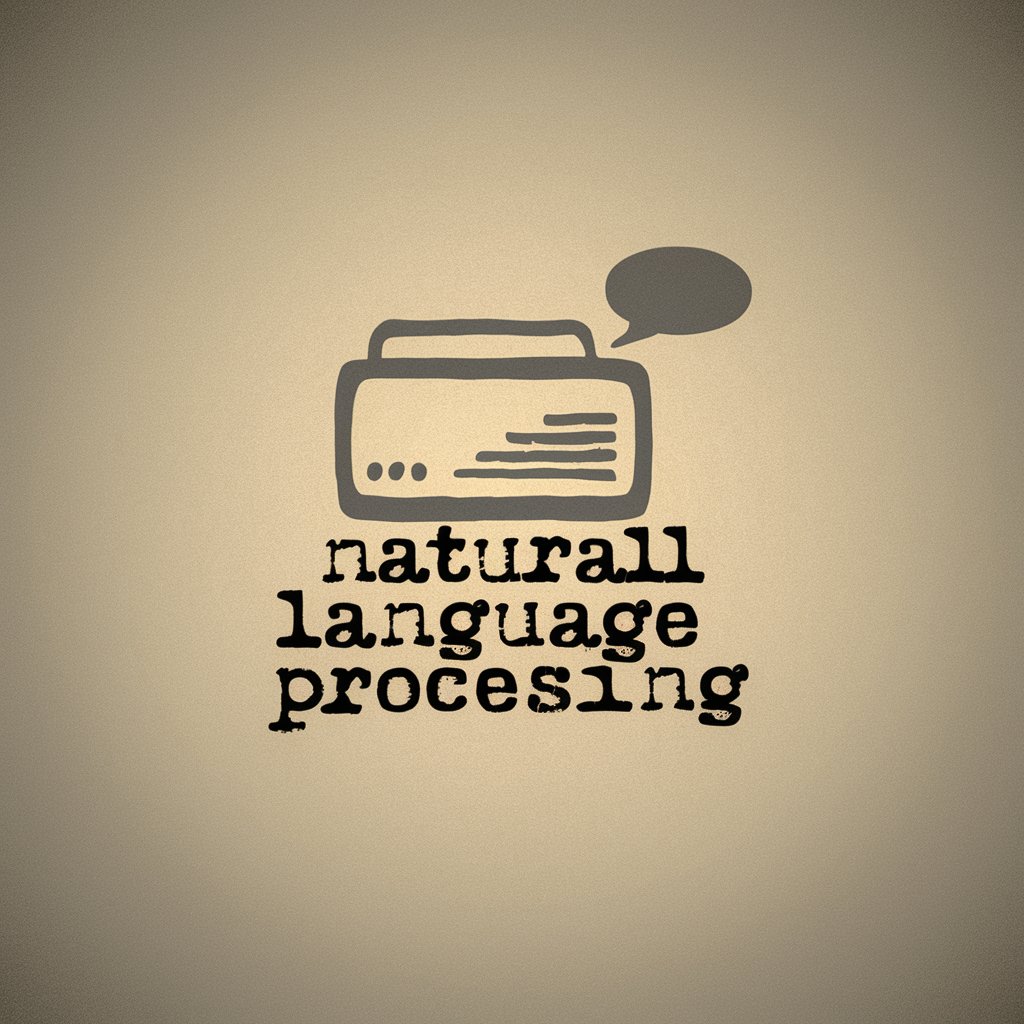
ELIZA - Psychotherapy Chat Simulation

How can I assist you today?
Reflect, Explore, and Grow with AI
What do you want to discuss today?
How are you feeling right now?
Can you tell me more about your thoughts?
What brings you here today?
Get Embed Code
Introduction to ELIZA
ELIZA is an early natural language processing computer program created in the mid-1960s at MIT by Joseph Weizenbaum. It's designed to simulate conversation with a psychotherapist in a very basic form. The program uses pattern matching and substitution methodology to give users an illusion of understanding, but it does not have the ability to understand content in the way humans do. ELIZA works by reflecting statements back to the user in the form of a question, encouraging the user to continue speaking. For example, if a user says 'I am feeling sad today', ELIZA might respond with 'Why do you think you are feeling sad today?' Powered by ChatGPT-4o。

Main Functions of ELIZA
Reflection of user statements
Example
User: 'I'm worried about my exams.' ELIZA: 'Why are you worried about your exams?'
Scenario
This function is used to keep the conversation going by asking the user to elaborate more on their statements, making the user feel listened to.
Encouraging the user to continue
Example
User: 'I don't know what to do.' ELIZA: 'What do you think you should do?'
Scenario
Helps in cases where the user is seeking a space to talk through their thoughts and feelings without judgment.
Ideal Users of ELIZA Services
Individuals seeking a non-judgmental space to articulate thoughts
People who want to express themselves without fear of judgment might use ELIZA to explore their feelings and thoughts more openly.
Researchers and students studying human-computer interaction
ELIZA serves as a foundational tool for those interested in natural language processing, AI development, and the psychological implications of human interaction with machines.

How to Use This Tool
1
Access a free trial instantly at yeschat.ai, no signup or ChatGPT Plus required.
2
Type your message or question into the provided text field.
3
Press 'Enter' or click the 'Send' button to submit your message.
4
Receive a response that mirrors your input, encouraging introspection and further conversation.
5
Continue the conversation as long as needed, exploring thoughts or discussing various topics.
Try other advanced and practical GPTs
芬兰语小帮手
AI-powered Finnish language and culture guide.

Pharma Friend
Empowering Your Health with AI

.Net6程序员
Powering .NET Innovation with AI

Regulation Expert
Simplifying Regulation with AI

Webbrowser
Navigate the Web with AI Precision

Tee Designer Pro
Design Your Tee with AI Magic

Hive3 Creative Director (Nimbus)
Crafting cinematic visions into art

LinguaGuide
Empowering language learning with AI.

OST BLOG POST 2.0
Crafting Cheese Stories with AI

Makeup Expert
AI-powered personalized beauty guidance

软文秘籍
Elevate Your Content with AI

The Pitch Guy
Craft Your Pitch, Transform Your Audience

Frequently Asked Questions
What is the purpose of this tool?
This tool is designed to simulate a conversation with a psychotherapy bot, encouraging self-reflection.
Can this tool remember previous conversations?
No, each interaction is treated as a new conversation for privacy and simplicity.
Is this tool suitable for mental health treatment?
It's designed for conversation and self-reflection, not as a substitute for professional mental health treatment.
How can I get the most out of my interaction with this tool?
Be open and honest in your responses, and use the tool to explore your thoughts and feelings.
Can I use this tool for practicing conversation skills?
Yes, it can be used to practice conversation, particularly in reflecting and articulating thoughts and feelings.





